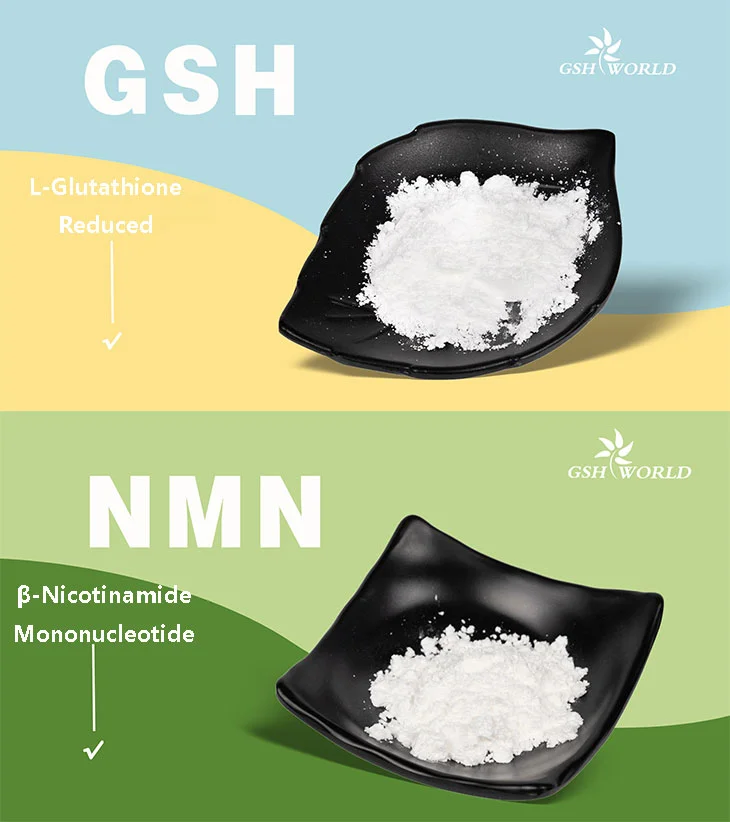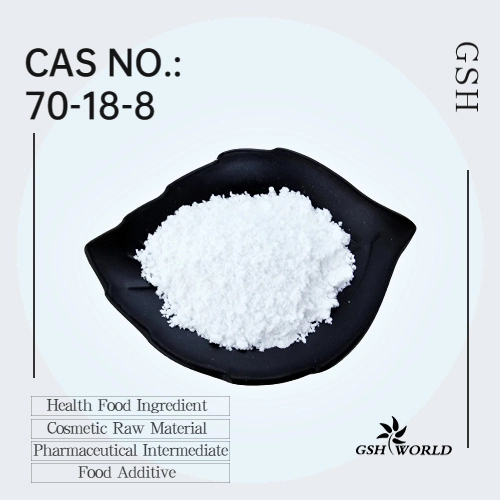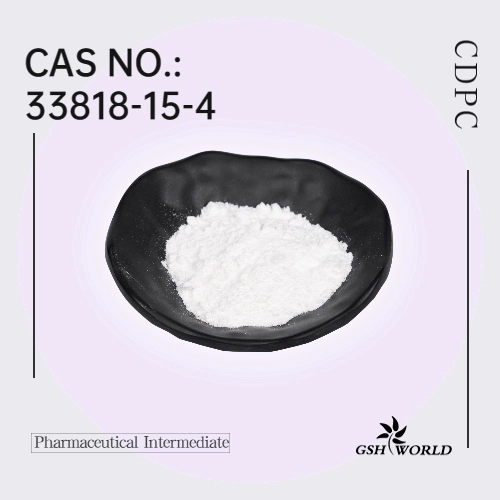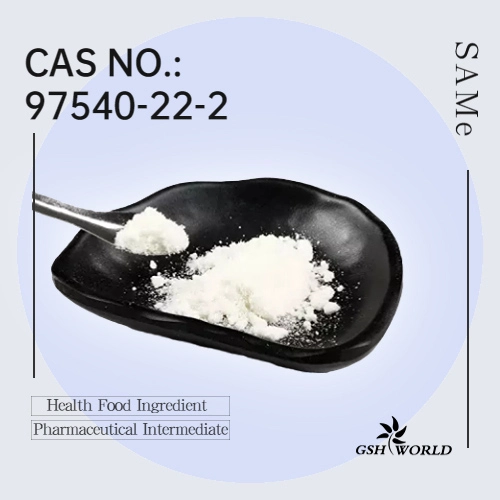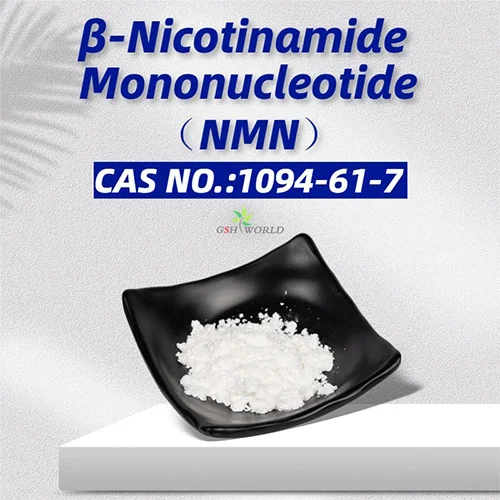NMN Improves Mouse Heart Dysfunction Caused by Scarring
Heart scar tissue accumulation (cardiac fibrosis) is a significant contributor to heart failure by increasing the stiffness of heart cavities and diminishing blood pumping capacity. Finding ways to inhibit this process can improve heart function. Research has found that treatment with Nicotinamide Mononucleotide (NMN), a precursor to an essential bioenergetic molecule in all cells, can mitigate scar tissue buildup in the kidney and liver. However, whether this applies to the human heart remains open for investigation.

Liu and colleagues from Central South University in China published a study in Life Sciences indicating that injecting mice with 500 mg/kg of NMN every three days improved heart dysfunction, reduced scar tissue accumulation, and diminished heart organ enlargement in mice with chemically induced cardiac fibrosis. The China-based research team also uncovered pathway-related details for how NMN provides these effects in cardiac fibrosis. Findings from the study suggest NMN helps slow cardiac fibrosis progression to prevent heart disease onset and provide pathway sight for developing other therapeutics for heart dysfunction from fibrosis.
Can NMN Heal Heart Scarring?
NMN is a precursor to the essential molecule crucial for energy production and maintenance of metabolic function called nicotinamide adenine dinucleotide (NAD+). NAD+ plays key roles in transferring electrons for multiple metabolic reactions, and proteins called sirtuins rely on it for their capabilities in maintaining DNA integrity and metabolism. NAD+ levels decline with age in cells, and research has linked these NAD+ reductions to age-related diseases like heart failure. Figuring out whether boosting NAD+ with NMN can help with cardiac fibrosis-induced heart dysfunction will help researchers to know whether the molecule can slow heart disease progression in mammals, possibly including humans.
NMN Improves Dysfunction of Scarred Hearts
To get at this problem, Liu and colleagues tested NMN’s effects on mouse hearts that had been exposed to a chemical called isoproterenol that creates scarring. To see how well the hearts were working, they measured the blood pumping capabilities and tissue thickness of mice exposed to these scarring chemicals. What they found was that this scarring causes heart cavity expansion during blood pumping, which indicates a lack of tissue elasticity. Liu and colleagues also saw that these hearts had larger hearts (hypertrophy), an indicator that heart muscle is thickening from a buildup of scar tissue. But when they treated these mice with NMN, the researchers saw an attenuation of heart size and a partial restoration of heart thickness.
Alleviates Heart Tissue Scarring
Liu and colleagues then went deeper into understanding NMN’s protective effects against heart scarring by testing if NMN blunts cardiac fibrosis progression to prevent heart dysfunction. When the researchers took a microscopic look at heart tissue, they found that heart scarring chemicals caused the heart muscle tissue to become disordered and filled with connective tissue, a hallmark of tissue scarring. But it turns out that NMN can protect against this damage as NMN treatment alleviated the disordered muscle tissue composition and connective tissue buildup. These findings suggest that NMN improves heart function when affected by scarring by improving tissue organization and reducing connective tissue buildup.
Inhibits Pathway That Promotes Scarring
To gain sight into how NMN has these effects, Liu and colleagues analyzed cell pathways known to be linked to NMN. So, they measured the function of SIRT1, a member of the longevity-associated sirtuin family of proteins that depend on NAD+ to function, in heart cells called cardiac fibroblasts. Their findings suggest that NMN boosts NAD+ levels to improve SIRT1 function and that, in doing so, SIRT1 removes molecular tags from a protein called Smad3. Removing molecular tags from Smad3 inhibits its function of activating genes that induce fibrosis. “The study provides a deeper understanding of the regulatory role of the NAD+/SIRT1 axis on Smad3 deacetylation in [isoproterenol]-induced cardiac fibrosis,” said Liu and colleagues.
Can These Findings Translate to Future Therapies for Heart Scarring?
The study shows that NMN treatment reduces heart scarring by restoring NAD+ levels and SIRT1 function to, ultimately, inhibit the fibrosis-inducing protein Smad3. Uncovering the role of this pathway may contribute to developing therapeutic options that target proteins like Smad3 that induce heart scarring. Also, finding out whether NMN can slow human heart fibrosis progression to delay heart failure will require future clinical trials.
*Special note - This article is for informational purposes only and cannot replace a doctor's treatment diagnosis and advice. It should not be regarded as a recommendation or proof of efficacy of the medical products involved. If it involves disease diagnosis, treatment, and rehabilitation, please be sure to go to a professional medical institution to seek professional advice.
Previous: Study Shows NMN Delays Stroke in Rodents
Next: NMN Prevents Chemotherapy-Induced Cognition Impairments in Mice
by GSHWORLD
GSH Bio Tech is China Biological API Manufacturer. China NMN Supplements powder suppliers & best NMN benefits raw material Factory.


